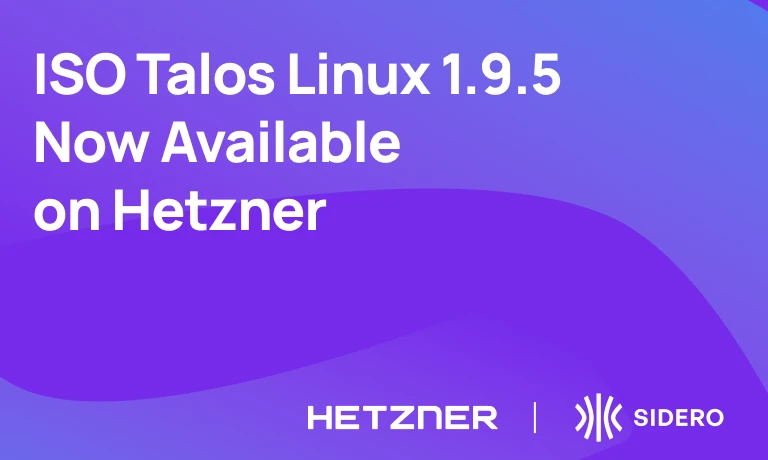Why Kubernetes feels so complex (and how to fix it)

Most teams accept Kuberentes complexity as the cost of doing business. Whether you complain about it or try to ignore it, the assumption is the same: Kubernetes is complex, and you have to deal with it.
We disagree. There are parts of Kubernetes that never needed to be complex in the first place. Often the real challenge isn’t Kubernetes itself but rather all the overhead surrounding it: provisioning, access control, drift, upgrades, and everything in between.
What the Kubernetes iceberg gets wrong
Getting a cluster online is just the beginning. You provision hardware, install the OS, bootstrap Kubernetes, set up your networking, handle your storage, and then there’s everything else. Below the surface, you have CNI/CSI, drift management, RBAC, OIDC, audit trails, access control, security patching, upgrades, and a laundry list of moving parts. New features and extensions make things easier while also adding more work. Whatever problems arise, you’re responsible for solving them.
This is the invisible work. It’s not on your dashboard or celebrated in sprint demos, but it eats up your time. Complexity breaks your systems and burns out your team.
Managed services solve this problem but come with a famously large price tag. More importantly, it glosses over the real problem. Teams are still managing Kubernetes as if there’s little to be done about the complexity.
Omni removes infrastructure-related complexity that surrounds Kubernetes
Omni is the multi-cluster management platform that works differently. It doesn’t remove Kubernetes, and it doesn’t manage Kubernetes for you. With VMs, someone else is doing the work. With Omni, you can run Kubernetes without the complexities that should never have existed in the first place. Omni does this by working Talos Linux, the minimalistic, highly secure OS, with full cluster lifecycle management. Together, they transform how you use Kubernetes.
Here’s what Kubernetes made simple looks like.
Upgrades in minutes, not hours. Time-consuming lifecycle management is replaced with easy upgrades and hands-off provisioning. No more workarounds or hours on support calls, just few-click processes.
Clusters stay consistent. Omni cuts the need to SSH in and make manual tweaks, and Talos Linux OS enforces it. Omni gives you a fully immutable, API-driven infrastructure, eliminating drift.
Proven security right at boot. Clusters managed by Omni have an inherent, simple security that can’t be bought with add-ons and layers. Clusters boot with proven, built-in protections that eliminate the need for patchwork solutions. You get kernel hardening, SBOM visibility, and FIPS-compliant builds. Read more about Omni security.
Multi-cluster sprawl is under control. Omni provides a centralized, declarative control plane for Talos Linux clusters. Because Omni handles processes across the entire fleet, you always know what your clusters are doing without inconsistencies or surprise bills.


